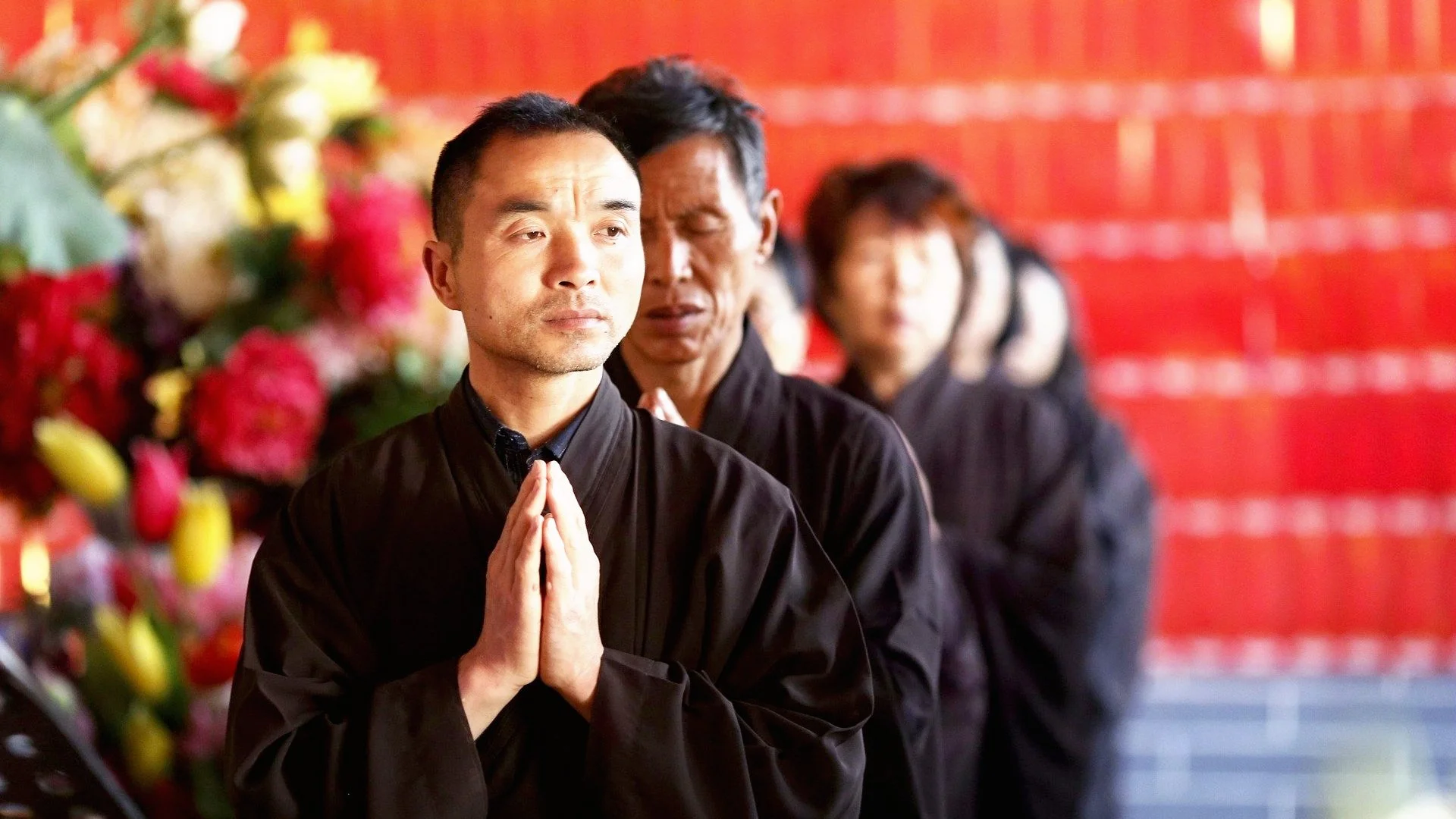Four Common Vows
Souls are beyond counting. I shall help them cross this river.
The well of harm cannot be emptied. I abandon it.
This moment is beyond measure. It teaches me.
Awakening has no boundary. May I embody it.
The four common vows are Buddhism in an elixir. They provide a roots-level guide for how we relate to others, ourselves, our circumstances, and our practice.
In our dealings with others — those who share consciousness with us, who can feel pain, who can suffer, and who therefore can be spared from suffering — we decide in favor of what helps get everyone across the river together. Or as near to that ideal as we can reasonably come. This means both helping each other through the day, and helping each other see more clearly who we really are and where we’re headed.
In dealing with ourselves, we are honest about our delusions. We can’t get rid of them, but we can come to see them for what they are. The better we understand that we’re not separate from everyone and everything else, the less needless harm we cause by pushing and pulling at the world, including ourselves, to try to get our own way.
To see clearly is to learn from each moment at each moment. We are constantly changing. The more we pay attention, the better aligned our changes are to our circumstances.
Being awake to the moment isn’t any different from being the moment, or at least being our part of it, which is intimately connected to every other part. When I am only that place where the stuff of the universe is shaped like me, I am just as much birdsong as bloodcell.


